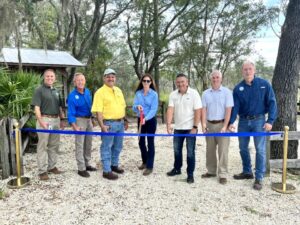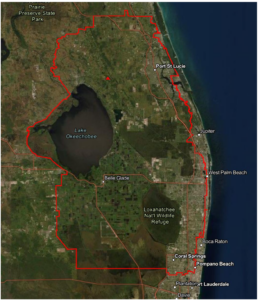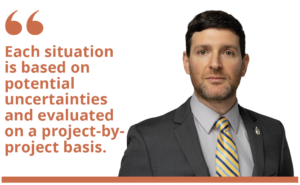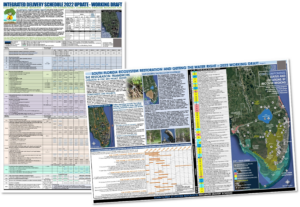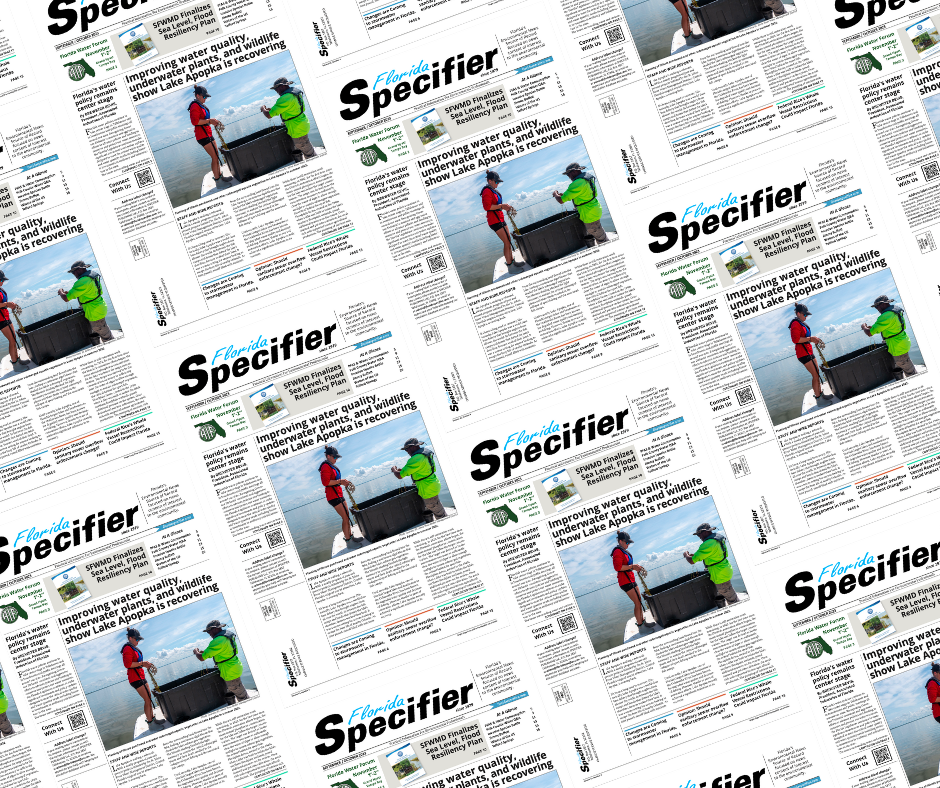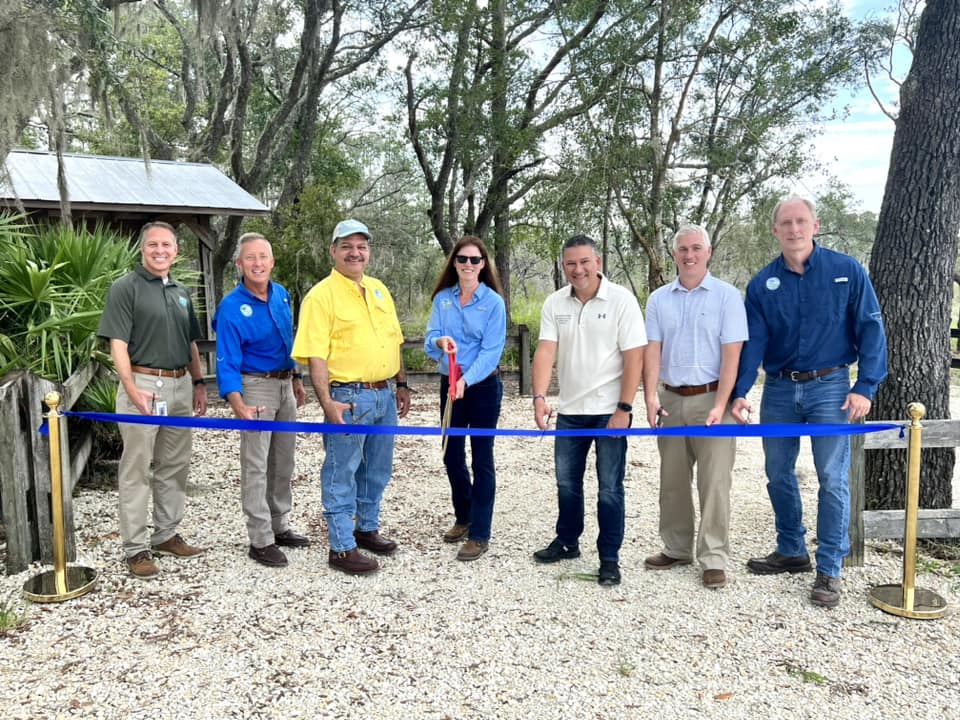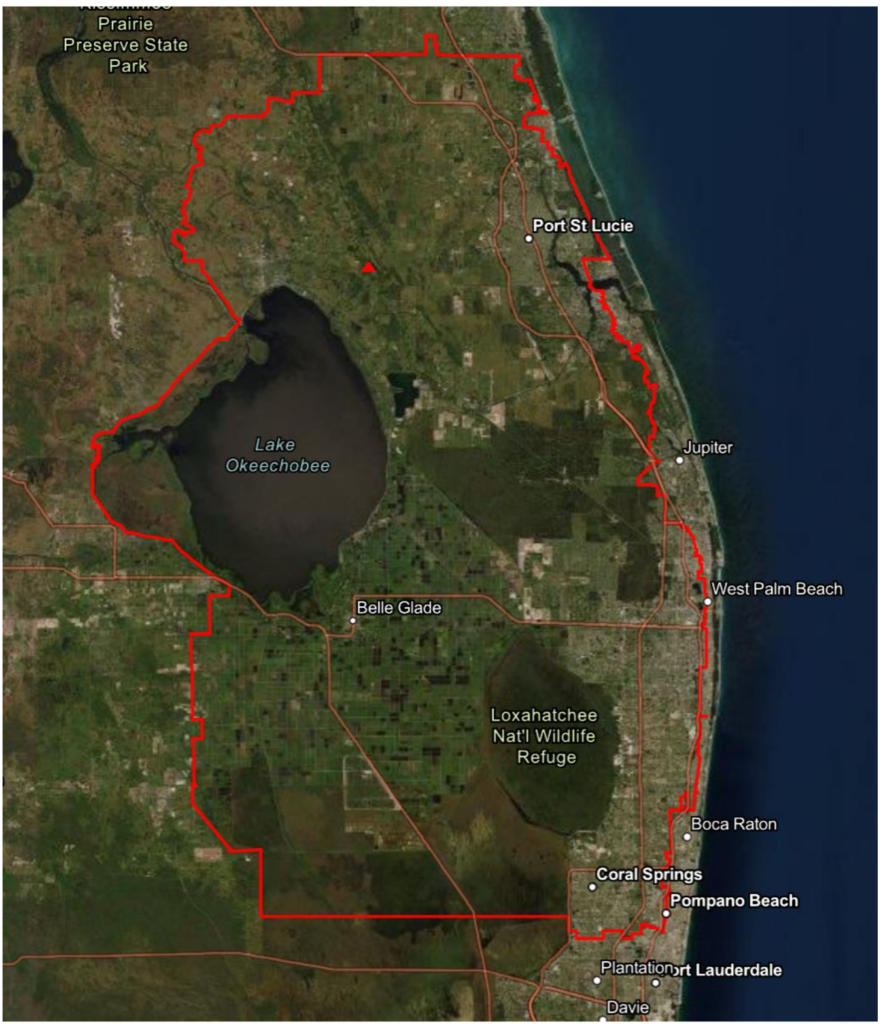Giant African Land Snail Quarantine Enacted in Broward County

The Florida Department of Agriculture and Consumer Services’ Division of Plant Industry has established a quarantine and treatment area in specific areas of Broward County in response to the detection of giant African land snails. The quarantine renders it unlawful to move a giant African land snail or a regulated article, including, but not limited to, plants, plant parts, plants in soil, soil, yard waste, debris, compost or building materials, within, through or from the defined quarantine area without a compliance agreement.
All publicly available information on giant African land snails and the current quarantine can be found at FDACS.gov/GALS. According to the Department, the giant African land snail is one of the most damaging snails in the world, consuming at least 500 different types of plants. These snails can be devastating to Florida agriculture and natural areas as they cause extensive damage to tropical and subtropical environments.
The snails also pose a serious health threat to humans. They carry parasite rat lungworm, known to cause meningitis in humans.
Weeki Wachee Channel Restoration Project Underway
The Southwest Florida Water Management District completed assessment of accumulated sediments in the Weeki Wachee River and determined sediment removal will benefit the river. The District plans to re-establish historic river depths restoring original natural habitat parameters. The river will remain navigable during the project.
SWFWMD secured the services of Sea & Shoreline, LLC to undertake the river’s restoration. Dredging has begun. Hand-dredging is being used to remove sediment, including divers vacuuming sediment using a flexible suction hose. The project is expected to take about a year to complete. Control measures are included to protect manatees and manage turbidity.
Sedimentation of the river is identified as a priority issues in the Weeki Wachee River Surface Water Improvement and Management (SWIM) Plan. Hernando County, Florida Fish and Wildlife Conservation Commission and the Florida Department of Environmental Protection are coordinating with the District in the restoration effort.
UF/IFAS Highlight an Immune-boosting Therapy to Help Honey bees Resist Deadly Viruses
A research team including entomologists with the University of Florida, the Agricultural Research Service-USDA, Louisiana State University, and the University of Nebraska-Lincoln, have successfully tested a novel way of boosting honey bees’ immune systems to help them fend off deadly viruses that have contributed to the major losses of the critical pollinator globally.
The researchers demonstrated that prompting honey bees’ cells to produce free radicals helped the bees weather a host of viruses. The treatment greatly reduced, and in some cases, nearly eliminated virus activity in full scale field studies.
“This approach is especially exciting because it doesn’t just target a specific type of virus but helps with many different viruses,” said Daniel Swale, senior author of the study. Swale is the associate director for training and special projects in the UF Emerging Pathogens Institute and associate professor in the UF/IFAS entomology and nematology department.
In the experiment, the researchers used a compound called pinacidil to alter potassium ion channels, a protein found in the cells of bees and most living things. Altering these channels produced slightly more free radicals. While free radicals may be damaging, the study found they can be therapeutic in moderate amounts in this case.
“One of the big take-aways from this study is that potassium ion channels can be a target for improving immune system function in honey bees and possibly other insects. “We would like to find a molecule, such as a peptide, or a new technology that has the same effect as pinacidil but is more accessible to beekeepers,” Swale said.
St. Johns County Reduces Water and Wastewater Customer Usage Rates by 3 Percent
The St. Johns County Board of County Commissioners have approved a resolution reducing customer usage rates for water and wastewater provided by the St. Johns County Utility Department (SJCUD) by 3 percent. SJCUD is a non-profit utility serving 54,000 water accounts and 45,000 wastewater accounts. Roughly 90 percent of the utility’s water customers may see a decrease in their monthly bill.
“We are so happy to be able to offer this usage rate reduction to our customers,” St. Johns County Utility Director Colin Groff said. “We have experienced substantial growth, an increased customer base, and have recognized the economies of scale for a more efficient cost of operations, so we have this wonderful opportunity to lower our usage rates.”
Florida DEP Designates Jennings Bluff Tract Park as State Geological Site
The Florida Department of Environmental Protection, joined by the Suwannee River Water Management District, announced the dedication of the District’s Jennings Bluff Tract on the Alapaha River in Hamilton County as the newest State Geological Site. The Florida Geological Survey designates an area as a state site once it is determined to be significant to the scientific study and public understanding of Florida’s geological history.
The Jennings Bluff Tract was chosen for this designation in part because of its hydrogeology. According to the Geological Survey, water flowing into the Dead River swallet enters the Upper Floridan aquifer and travels south for approximately 10 miles before discharging through both Holton Creek Rise and the Alapaha River Rise in a matter of days. The area is characterized by numerous karst features and silicified oyster beds and other fossils can be found in the limestone walls exposed along the Dead and Alapaha rivers.
“The educational value of this area cannot be overstated,” said Florida State Geologist and Florida Geological Survey Director Guy “Harley” Means. “There is no better place for teaching visitors how surface and groundwater systems are interconnected.”
The Jennings Bluff Tract is adjacent to the historic cemetery at Jennings Bluff. Prehistoric Native Americans Stone tools have also been found in the area reflecting the site’s significance in human history and demonstrating geoheritage value, another criterion for site designation. Be advised, collecting fossils or artifacts from district-owned land is prohibited.
Pinellas County Utilities and Clearwater Announce Fall Water Treatment Process Changes
The method of water treatment used by Pinellas County Utilities and the City of Clearwater was temporarily modified early this summer. The utility executed a short-term change from chloramines to chlorine disinfection as a routine maintenance measure designed to maintain system integrity. A second temporary change will take place Sept. 25 to Oct. 14.
Pinellas County Utilities water customers and customers in Clearwater, Pinellas Park and Safety Harbor will benefit from these temporary maintenance measures.
The altered disinfection program is designed to maintain distribution system water quality and minimize the potential for future problems. The taste and/or odor of the water may be different during the temporary change in treatment, but the water will continue to meet federal and state standards for safe drinking water.
The utility advises that water customers undergoing dialysis should not be impacted but should contact their dialysis care provider for chlorine treatment information. Fish owners should not be affected if a system already is in place to remove chloramines but should contact local pet suppliers.
Tampa Bay Team Reminds Residents July is “Plastic Free” Ecochallenge Time
Plastic Free Ecochallenge is an international month-long effort to encourage a shift away from single-use plastic dependency and create a more sustainable society.
The Reduce Your Use Tampa Bay Ecochallenge team includes Hillsborough County, Pinellas County, City of Tampa, City of St. Petersburg, Keep Tampa Bay Beautiful, and Keep Pinellas Beautiful.
Individuals interested in joining the annual Ecochallange event can visit the Ecochallenge page to sign on to a team. Once registered, participants complete waste-reduction activities to earn individual and team points. The site has numerous actions to choose from or a participant can create their own custom action.
The three Reduce Your Use Tampa Bay team members from Hillsborough or Pinellas counties with the most points will be awarded eco-friendly items provided by the campaign.
Some of the suggested actions to earn points include recycling, minimizing the use of plastic bags, using refillable rather than disposable plastic water bottles, and cooking meals without using items contained in single use plastic.
Tampa Bay Water Celebrates 25 Years of Innovative Regional Drinking Water Solutions
Twenty-five years ago, six local governments created a bond providing a regional solution to water supply. The action represented a paradigm shift from, “parochialism to regionalism,” ending the region’s water wars.
Supported by the Florida legislature, the local governments united to form Tampa Bay Water. Tampa Bay Water subsequently added both river water and desalinated seawater alternative supplies, cutting groundwater dependence in half and reversing the environmental toll of years of over consumption of groundwater resources.
More than 2.5 million residents receive their drinking water from Tampa Bay Water through wholesale supply to Hillsborough, Pasco, and Pinellas counties and the cities of New Port Richey, St. Petersburg, and Tampa.
“Over the last quarter century, Tampa Bay Water has done what it was created to do: end water wars, restore the environment, and eliminate the costly legal battles that once plagued our member governments,” said Chuck Carden, General Manager of Tampa Bay Water.
Orange County Utilities Recognized for Educating Residents on Recycling
The Solid Waste Association of North America (SWANA) has awarded a 2023 Communication, Education, and Marketing (CEM) Technical Division Award for Outstanding Awareness Campaign for Orange County’s recycling quality improvement program (RQIP).
“We’re honored to receive this recognition,” said Ed Torres, Director, Orange County Utilities. “The credit goes to our dedicated team, which has reached out to more than 190,000 households with direct feedback on the best recycling practices and reducing recycling contamination in targeted areas.”
The county’s RQIP encourages residents to change their recycling behavior by using four-week periods of tagging. The County employs a variety of tools to encourage residents to recycle including informational mailers, personalized feedback via cart tags, and termination of collection of contaminated carts after one warning.
Data is gathered with a smartphone app and analyzed to increase the effectiveness of the program. Messages are tailored to address the most common contaminants.
Prior to the outreach campaign, only 4 out of 10 carts contain clean recyclables. RQIP has increased recycling efficiency to 7 clean carts out of 10, achieving a 13 percent reduction in contamination by weight. Overall contamination was reduced in 47 percent of carts in the tagged routes.
Palm Beach County Water Utilities Department Annual Water Quality Report Now Available
The Palm Beach County Water Utilities Department recently published its Annual Water Quality Report. The report includes summarized easy-to-read charts designed to help customers understand the data behind the water and explains where the utility’s drinking water comes from and how it is treated.
The Utilities Department provides 60 million gallons per day of potable water to over 600,000 residents within 1,300 square miles of Palm Beach County. The utility conducted more than 80,000 tests on samples from hydrants, commercial buildings, and taps in 2022 to ensure the drinking water supply meets and exceeds Federal and State water quality standards throughout the distribution system.
The water quality report is available at pbcwater.com/waterquality or a printed copy may be requested by calling (561) 493-6066.
Manatee County Water Main Back Online
Manatee County has completed the initial work to reestablish water service to Anna Maria Island through the main now back in service across the Manatee Avenue bridge. One thousand feet of a 16-inch ductile iron pipe fell from hangers under the bridge to the bottom of the Anna Maria Sound.
Manatee County Utilities staff and local contractors coordinated to keep construction delays to a minimum while providing maximum access to motorists.
Crews will be in the area removing the old pipe from the water.
Details of that work have yet to be finalized. Residents and visitors will be notified of any road closures or traffic impacts associated with those activities.
Gainesville Regional Utilities Receives National Recognition
Gainesville Regional Utilities (GRU) has placed first in its population category in the National Mayor’s Challenge for Water Conservation. The Mayor’s Challenge is an annual competition held across the U.S. to raise awareness about water conservation and encourage citizens’ participation in becoming “water-wise.”
To take part in the competition, citizens pledge to reduce their energy and water waste and consumption. The city in each population category with the greatest percentage of its population taking the pledge wins in that category. Miramar, Florida also placed in the category.
The contest is held by The Wyland Foundation, a 501(c)(3) non-profit organization dedicated to promoting, protecting, and preserving the world’s oceans, waterways, and marine life through educational programs, public art projects, and community events.
Residents from across the country pledged to conserve 1.8 billion gallons of water, reduce usage of single-use plastic water bottles by 4.1 million and reduce landfill waste by 49 million pounds, resulting in potential savings of 6.6 billion pounds of carbon dioxide and 123 million kilowatt-hours of electricity.



